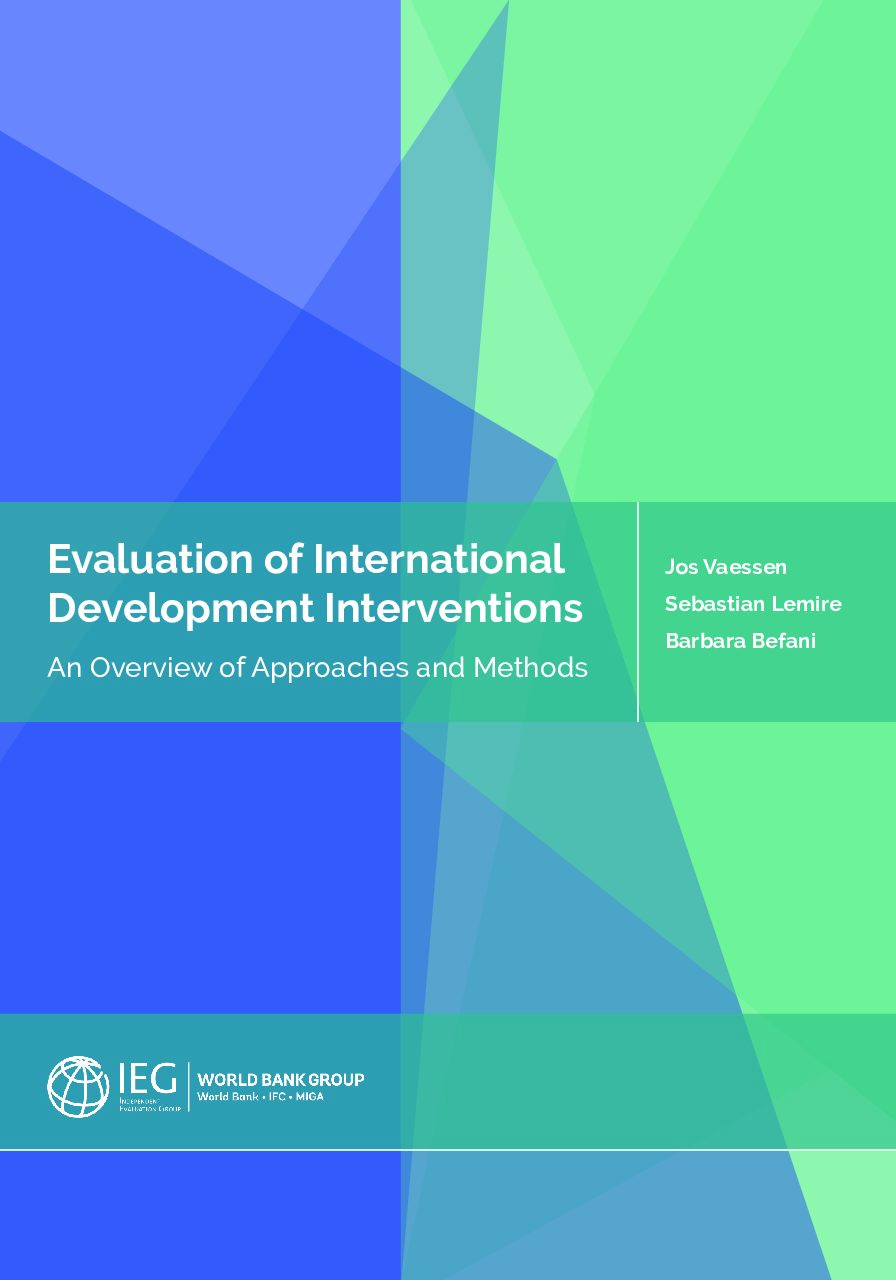In recent years, evaluation in the field of international development has undergone significant changes. First and foremost, the world we live in has become
increasingly complex and interconnected. In the current era of the Sustainable
Development Goals, governments, international organizations, private corporations, civil society organizations, and others are increasingly aware of the
challenges surrounding transboundary and global issues such as climate change,
migration, and international trade. At the same time, evaluation as a source of
independent inquiry into the merit and worth of policy interventions to address
global, national, and local challenges has grown in importance. The increased
number of evaluation functions in governmental, nongovernmental, and private
sector organizations; the growing number of countries with voluntary professional organizations for evaluators; and the growth in repositories of knowledge
on policy interventions and their (potential) effects are all signs of this trend.
How should evaluators deal with the increasing complexity of policy interventions and the contexts in which they potentially influence change? How can
evaluation as a function, as a practice, effectively contribute to the evolving
learning and accountability needs of decision makers, practitioners, financiers,
and citizens? These are questions that have no easy answers and to some extent
require a departure from how things were done in the past

